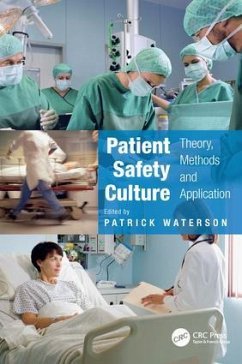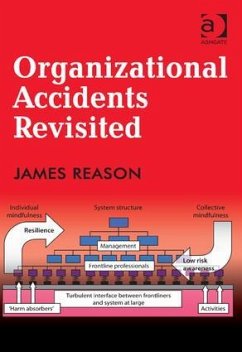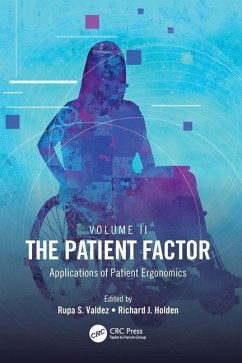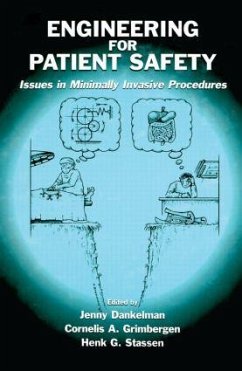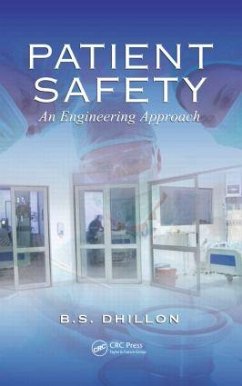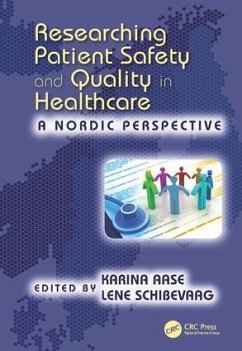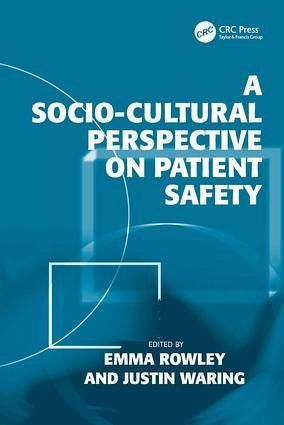
A Socio-cultural Perspective on Patient Safety
Versandkostenfrei!
Versandfertig in 1-2 Wochen
186,99 €
inkl. MwSt.
Weitere Ausgaben:

PAYBACK Punkte
93 °P sammeln!
This edited volume of original essays brings together researchers from around the world who are exploring the facets of health care organization and delivery that are sometimes marginal to mainstream patient safety theories and methodologies but offer important insights into the socio-cultural and organizational context of patient safety. By examining these critical insights or perspectives and drawing upon theories and methodologies often neglected by mainstream safety researchers, this collection shows we can learn more about not only the barriers and drivers to implementing patient safety p...
This edited volume of original essays brings together researchers from around the world who are exploring the facets of health care organization and delivery that are sometimes marginal to mainstream patient safety theories and methodologies but offer important insights into the socio-cultural and organizational context of patient safety. By examining these critical insights or perspectives and drawing upon theories and methodologies often neglected by mainstream safety researchers, this collection shows we can learn more about not only the barriers and drivers to implementing patient safety programmes, but also about the more fundamental issues that shape notions of safety, alternate strategies for enhancing safety, and the wider implications of the safety agenda on the future of health care delivery. In so doing, A Socio-cultural Perspective on Patient Safety challenges the taken-for-granted assumptions around fundamental philosophical and political issues upon which mainstream orthodoxy relies.






